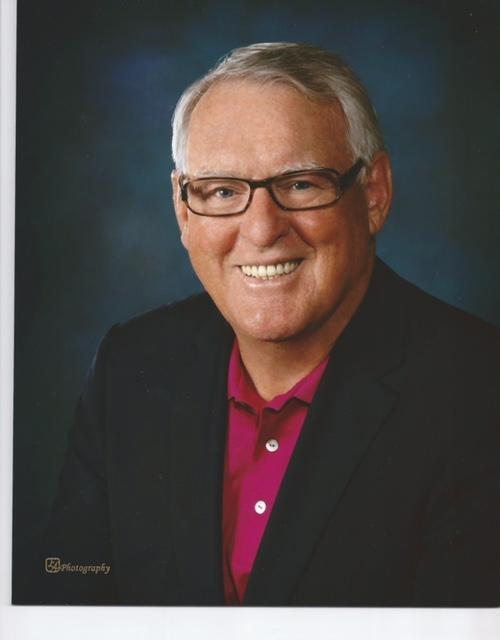
Founded originally as the National Aircraft Resale Association in 1991, the International Aircraft Dealers Association (IADA) is celebrating its 30th anniversary this year. Since changing its name in late 2018, IADA has introduced an accreditation program for aircraft dealer companies and a certification process for their salespeople, or brokers, to promote competence and integrity in aircraft transactions. It also launched AircraftExchange.com, an on-line marketplace that lists aircraft offered by IADA member dealers. IADA now represents 45 accredited dealers, 64 products and services companies and manufacturers Gulfstream Aerospace, Cessna, Bombardier, Dassault, Embraer, Honda Aircraft and Airbus Corporate Jets.
BCA editors spoke with IADA Executive Director Wayne Starling about the association’s recent accomplishments.
IADA launched its accreditation and certification programs in 2019. How would you assess their progress so far?
We use Joseph Allen, a third-party company [to manage the accreditation program]. They administer it completely. Each year it does an audit of every dealer to ensure they maintain the standards. We continue to improve the entire process and look for ways to make it better. On the certification process, right now we only can do in-person tests, which makes it hard. Over 20 of our companies are international or have international offices, so being able to get to London to do an in-person test is challenging. We want to put that on-line to make it easier for people to do it. The criteria for the accreditation is that in the first year [dealers] have to have at least 50% of their brokers certified. Last year, with the pandemic, we weren’t able to travel. That’s why we see the need to have an on-line test so we can make it easier and simpler for people to get certified.
How many dealers pass the accreditation test on the first try?
This past year, we’ve had about 12 people inquire into it, and when they saw the accreditation requirements, more than half of them did not apply. We currently have five applications that are in some level of process. We go back and look at the past five years’ history of what they’ve done and how they’ve done it, so it’s a pretty in-depth process to become a member. We look to see, [will they] bring value to the industry, are they reputable, what type of business do they do? With the [broker] certification, a 100-question test, if they do not pass it, they have the ability to come back one year later and take it again. Most people have a passing grade.
Is the market verifying that once a dealer gets accredited, this is a good thing—a value proposition for them?
We are beginning to hear from people. In fact, one of our dealers told me recently that a person interviewing them about representation asked if they were an IADA member…That’s where a lot of problems arise—somebody decides they want to be a broker, all they have to do is print a card and get a phone number and they can be a broker today. If you think about a first-time buyer, sometimes that’s all they know, and they get tied into a transaction that winds up costing them a lot of money and a lot of grief because [the broker] doesn’t have the experience or the knowledge or the network. With our products and services as verified members, we provide service for that customer from the time they acquire their aircraft until they get rid of it—through MROs, engine companies, taxes, and legal [issues]. We have verified members that work as a team not only during the purchase and sale transaction but through the entire life of the aircraft.
Of all of the dealers out there, how many are IADA members?
Right now, we only represent about 7% of all of the dealers worldwide, but [in 2019] we did over 40% of all of the transactions worldwide. While we are very small as far as our numbers right now, we are involved in a major portion of the transactions.
Members share a lot of data on IADA’s AircraftExchange website. What incentivizes them to provide it to you?
That’s a question we get when we’re talking to prospective members. Why would I want to give you this—I might be helping others. When they become a member, they understand that collectively is where the power comes from. Yes, you may be giving up a little bit, but look at what you get in exchange. It’s the power of being connected to all of the other [members] so you can communicate quickly and get accurate information. It’s a collective effort. By putting everybody together we can be more powerful and remove some of the unethical players in the market.





